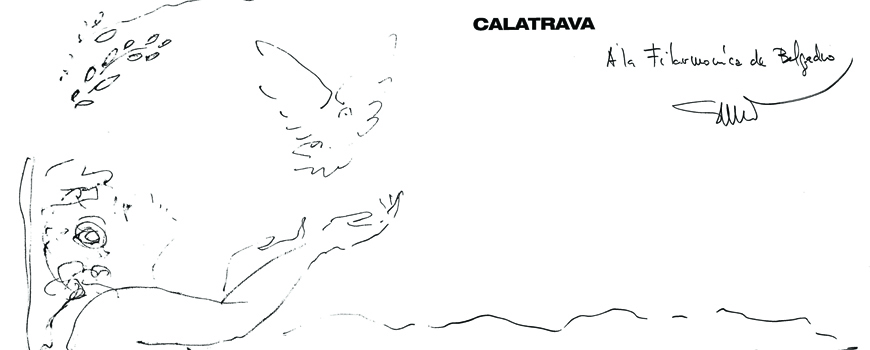
A ’ROSE’ OF CIVILISATION – A VIEW OF THE FUTURE
For centuries, a narrow strip of the Danube riverbank stretching alongside Great War Island all the way to the confluence of the Sava and the Danube, overlooked by Belgrade, was an ancient border area between eastern and western empires. Empires came into existence and were wiped out, but the border remained as a place of conflict, a junction of civilisations and empires, from Hungary and Byzantium to the Habsburg Monarchy and the Ottoman Empire. A place of religious and cultural interactions, often a battlefield and, no less importantly, a source of civilisation’s greatest victories over barbarism.
Much like a wind rose, this crossroads of cultures represents a ‘Rose of Civilisations’, a unique crux of the geocultural intersection of the East and the West, the North and the South. The Danube joins this Rose of Civilisations and flows out of it as an ancient route between the Central and Eastern Europe. In a historical and spiritual sense, this main road connecting the worlds places the Belgrade Philharmonic Orchestra in the ranks of the Danube philharmonic orchestras, together with the Vienna, Bratislava and Budapest ones.
This powerful symbolism, whose historical subtext surpasses even that of the Gibraltar and the Bosphorus, is globally unique and represents the very quintessence of the Balkans. To recognise this aspect of the cultural epicentre of the Western Balkans is to promote peace and cooperation in the region, which, in this way only, will not play the role of the conflict-prone periphery, but a yardstick of prosperity of a new epoch in which Europe and Asia, the Mediterranean and the Baltic region are linked by inseverable ties of cultural and economic integration.
In this vision, music, as a universal language, is more than a symbol. Music is the most natural, primeval means of communication, making the Balkans an area of dynamic interactions and models for juxtaposing differences.
If we want to make Belgrade the European Capital of Culture, it is enough to start by creatively identifying our comparative strengths built by the past centuries and to define a vision of a city which will be recognised as a European metropolis for its architecture, cultural contents, originality and quality of life.
We have an opportunity to translate the symbolic power of the Rose of Civilisations concept into an urban planning vision of modern Serbia, and this symbolism will have its physical manifestation in building the first concert hall on the Danube riverbank.
The Belgrade Philharmonic Orchestra building, as a project marking centuries of cultural interactions in this area, rather than conflicts, is a symbolic vision of the future and its creative aspect of interlacing cultures. The Rose of Civilisations is a homage to centuries of peace, in the past and, even more so, in the future. It is the victory of civilisation over barbarism.




